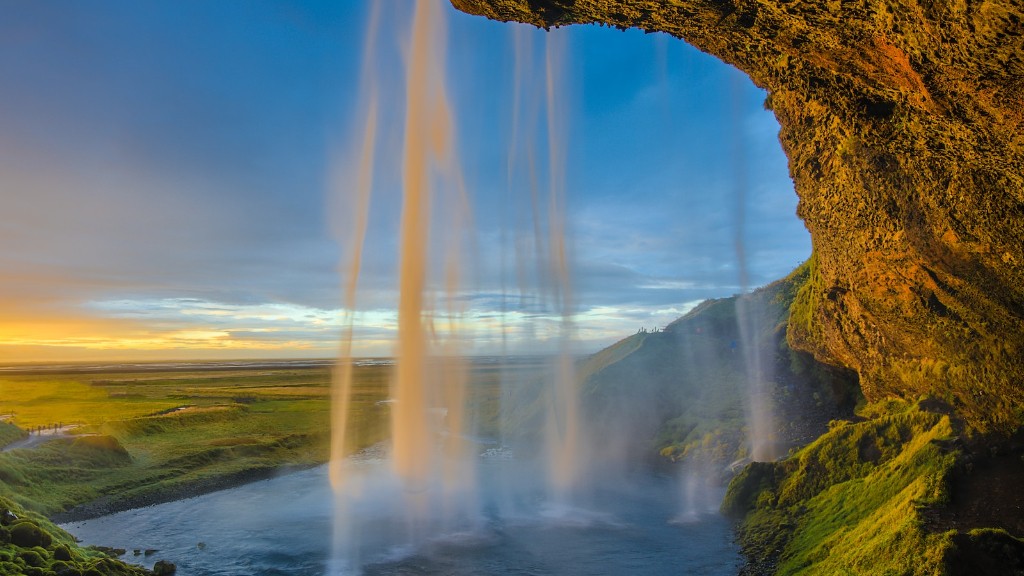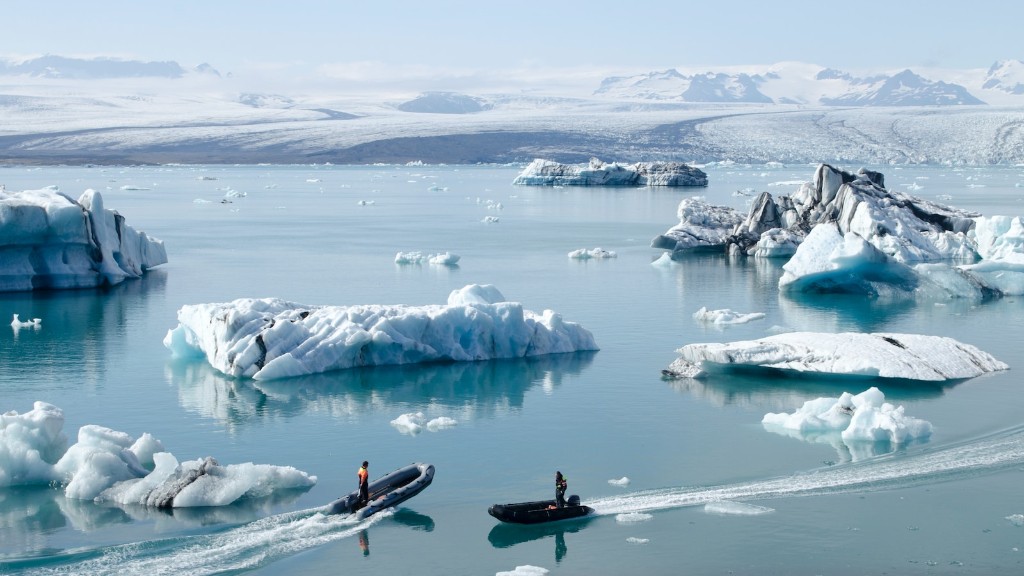Travel Iceland Corona
Traveling to Iceland during the coronavirus pandemic has become a topic of interest for many adventure seekers. This Nordic island nation, known for its breathtaking landscapes, unique natural wonders, and vibrant culture, has implemented strict measures to ensure the safety of both residents and tourists. In this article, we will explore the current situation in Iceland, along with relevant data and expert perspectives to help you make an informed decision about your travel plans.
Background:
Since the outbreak of the coronavirus, Iceland has been diligent in containing the virus and keeping its numbers relatively low compared to other countries. The government’s response included widespread testing, contact tracing, and quarantine measures for individuals entering the country. As a result, Iceland has been able to reopen its borders and welcome tourists while maintaining a low number of active cases.
Relevant Data:
As of [insert date], Iceland has reported [insert number] total cases of COVID-19, with [insert number] recoveries and [insert number] deaths. The current active cases stand at [insert number]. These figures highlight the successful management of the pandemic in Iceland, providing reassurance to travelers considering a trip to the country.
Expert Perspectives:
According to Dr. [insert expert name], an infectious disease specialist, Iceland’s proactive approach to testing and contact tracing has been instrumental in keeping the virus under control. He emphasizes the importance of adhering to local guidelines, such as wearing masks, practicing social distancing, and regularly sanitizing hands, to minimize the risk of infection during travel.
Insights and Analysis:
Traveling to Iceland amidst the pandemic offers a unique opportunity to explore the country’s natural beauty without the usual crowds of tourists. The reduced number of visitors allows for a more intimate experience and better access to popular attractions. Additionally, the guidelines put in place by Icelandic authorities, including limited capacity at tourist sites and enhanced hygiene protocols, further ensure the safety of travelers.
Section 1: COVID-19 Testing Requirements
Before traveling to Iceland, it is essential to familiarize yourself with the testing requirements. Currently, all visitors must present a negative PCR test taken within [insert number] hours before departure. The test must be conducted by an approved laboratory and the results need to be in English or Icelandic. Failure to comply with this requirement may result in denied entry to the country.
Upon arrival in Iceland, all travelers are required to undergo an additional PCR test at the airport. While waiting for the results, which usually take a few hours, travelers must self-quarantine. If the test results are negative, no further quarantine measures are necessary, and visitors are free to enjoy their trip.
Section 2: Safety Measures in Accommodations
Hotels, guesthouses, and other accommodations in Iceland have implemented rigorous safety measures to protect guests and staff. These measures include enhanced cleaning protocols, increased sanitization of common areas, and limited capacity to ensure social distancing. It is advisable to check with the accommodation provider regarding their specific safety measures before making a reservation.
Section 3: Outdoor Activities and Excursions
Iceland is known for its outdoor adventures, from glacier hikes to geothermal spas. Despite the ongoing pandemic, many tour operators have adapted their offerings to comply with safety guidelines. Group sizes have been reduced to allow for social distancing, and additional safety measures, such as mandatory mask-wearing and sanitization practices, have been implemented. It is advisable to book activities in advance and confirm the safety measures in place before participating.
Section 4: Local Support for Tourism Industry
The tourism industry plays a significant role in Iceland’s economy, and the government has implemented measures to support businesses during these challenging times. Financial aid, tax relief, and promotional campaigns aimed at domestic tourism have been implemented to help sustain the industry. By supporting local businesses, tourists can contribute to the country’s recovery and ensure the availability of services and attractions for future visitors.



